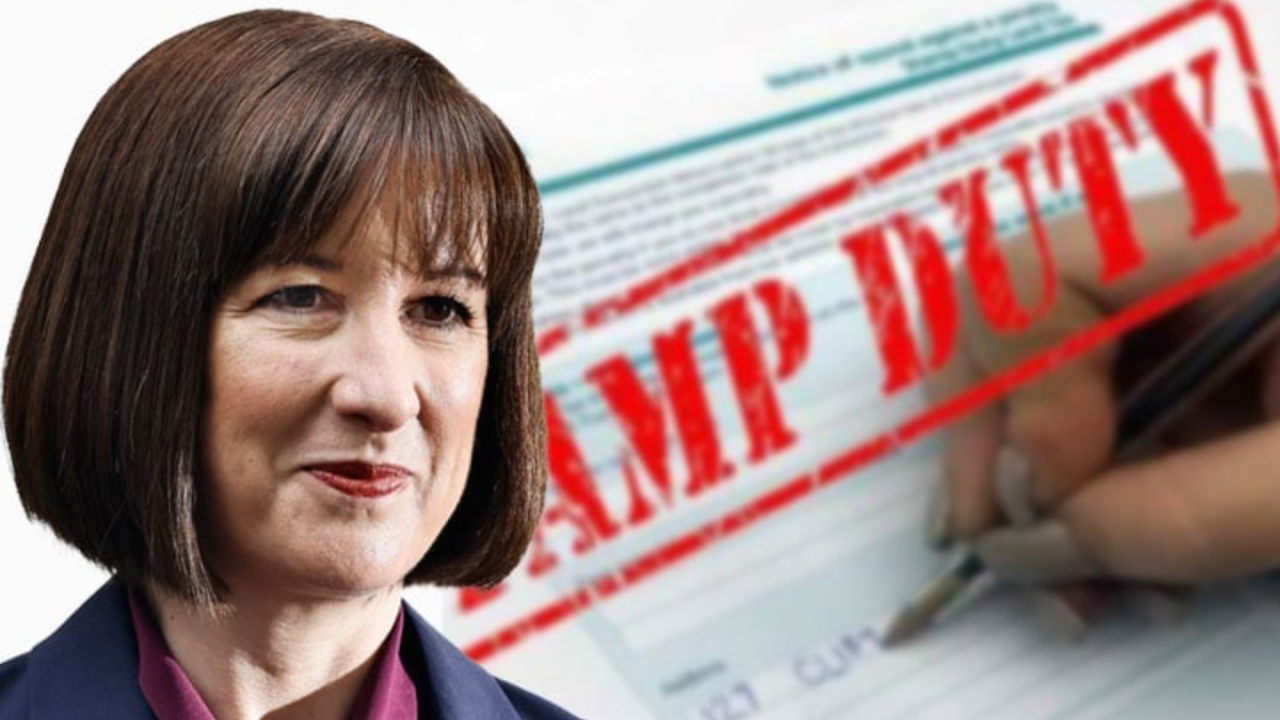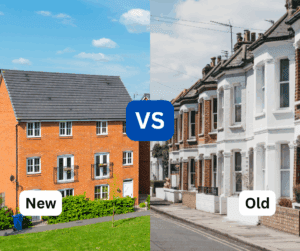1. House Prices Could Rise
History shows that when the government temporarily cuts or suspends stamp duty — such as during the post-pandemic “stamp duty holiday” — property prices tend to climb.
If the tax were permanently scrapped, demand would almost certainly increase, potentially pushing prices higher, particularly in already expensive regions.
Lucian Cook, Head of Residential Research at Savills, notes:
“If it’s simply a tax cut, the savings made on stamp duty are likely to be reflected directly in higher prices.”
Winners – Sellers:
Homeowners could see their property values rise.
A livelier market may make it easier to sell.
Losers – Buyers:
Price increases may offset the savings from not paying stamp duty.
Larger deposits would be required.
Regional inequalities could widen — especially between London, the South East and the rest of the UK.
2. Wealthier Buyers Stand to Gain the Most
Currently in England and Northern Ireland, first-time buyers already pay no stamp duty on homes under £300,000 — meaning many already benefit from relief.
A full abolition would therefore favour higher-value buyers and wealthier households.
Regional disparities are stark:
In the North East, around 76% of homes are already stamp duty–free for first-time buyers.
In London, that figure drops to just 11%.
Richard Donnell from Zoopla observes:
“Around 60% of stamp duty receipts come from southern England, so buyers in the South would be the main beneficiaries.”
Upsides:
High-end buyers could save tens of thousands on transactions.
It may stimulate the prime and luxury property markets.
Downsides:
Limited benefit for first-time buyers; potential to widen the wealth gap.
Risk of being seen as a “tax cut for the rich.”
3. Greater Mobility and Market Fluidity
Stamp duty has long been viewed as a barrier to moving home — discouraging people from relocating for work or downsizing in retirement.
Removing it could increase market mobility, encouraging more households to move, trade up, or release underused property.
Paula Higgins, Chief Executive of the Homeowners Alliance, notes:
“Over the past two years, more than 800,000 homeowners have abandoned plans to move — and stamp duty was a key reason.”
The Institute for Fiscal Studies (IFS) has even called it “one of the most economically damaging taxes.”
Benefits for Homeowners:
Easier to move without the financial burden of tax.
Older owners may be more willing to sell family homes, freeing up stock for younger buyers.
Potential Drawbacks:
Some analysts argue the impact may be overstated.
Other transaction costs — agent fees, legal fees, removals — often exceed the stamp duty bill.
4. A Major Hit to Government Finances
Stamp duty is a significant source of Treasury revenue.
In 2023, England and Northern Ireland raised around £15.4 billion, dropping to £11.6 billion in 2024.
Abolishing it entirely could create a £9–11 billion annual shortfall.
Possible alternatives:
Higher capital gains or property taxes.
Spending cuts in other departments.
Hoping that a more active housing market boosts economic growth to offset the loss.
For Buyers and the Market:
Lower upfront costs when purchasing a home.
Could stimulate demand across construction, home improvement, and financial services sectors.
Risks:
The government may compensate by raising other taxes.
Policy uncertainty could unsettle investor confidence.
5. Knock-On Effects for the Rental Market
If abolition applies only to owner-occupiers, landlords and buy-to-let investors would still face the existing levy — including the 3% surcharge on additional properties.
The IFS warns this could further dampen appetite for rental investment, reducing supply and pushing rents higher.
Upside for Homeowners:
Encourages homeownership and long-term financial stability.
Downside for Investors and Renters:
Fewer rental properties available.
Rising rents due to tighter supply.
Greater competition among tenants for limited stock.
The Bottom Line: Who Wins and Who Loses?
Abolishing stamp duty would be an attractive and popular move for many homeowners. It could stimulate transactions, boost mobility, and inject energy into the housing market.
However, it raises serious questions of fairness and sustainability.
While affluent buyers and southern homeowners would benefit most, first-time buyers and renters could find themselves squeezed by rising prices and rents.
Ultimately, the key issue isn’t just whether stamp duty should be scrapped — but what would replace it.
Summary at a Glance
| Group | Benefits | Drawbacks |
|---|---|---|
| Homeowners | No tax on purchases; easier to move; potential property value gains | Higher prices; wider regional divide |
| First-Time Buyers | No stamp duty burden | Larger deposits needed; limited access to pricier areas |
| Investors | Possible cost savings if included | If excluded, could face reduced yields and higher taxes |
| Renters | Encouragement to buy | Fewer rental homes; higher rents |
| Government | Boosts market activity and spending | Major loss of tax revenue; need for replacement funding |







